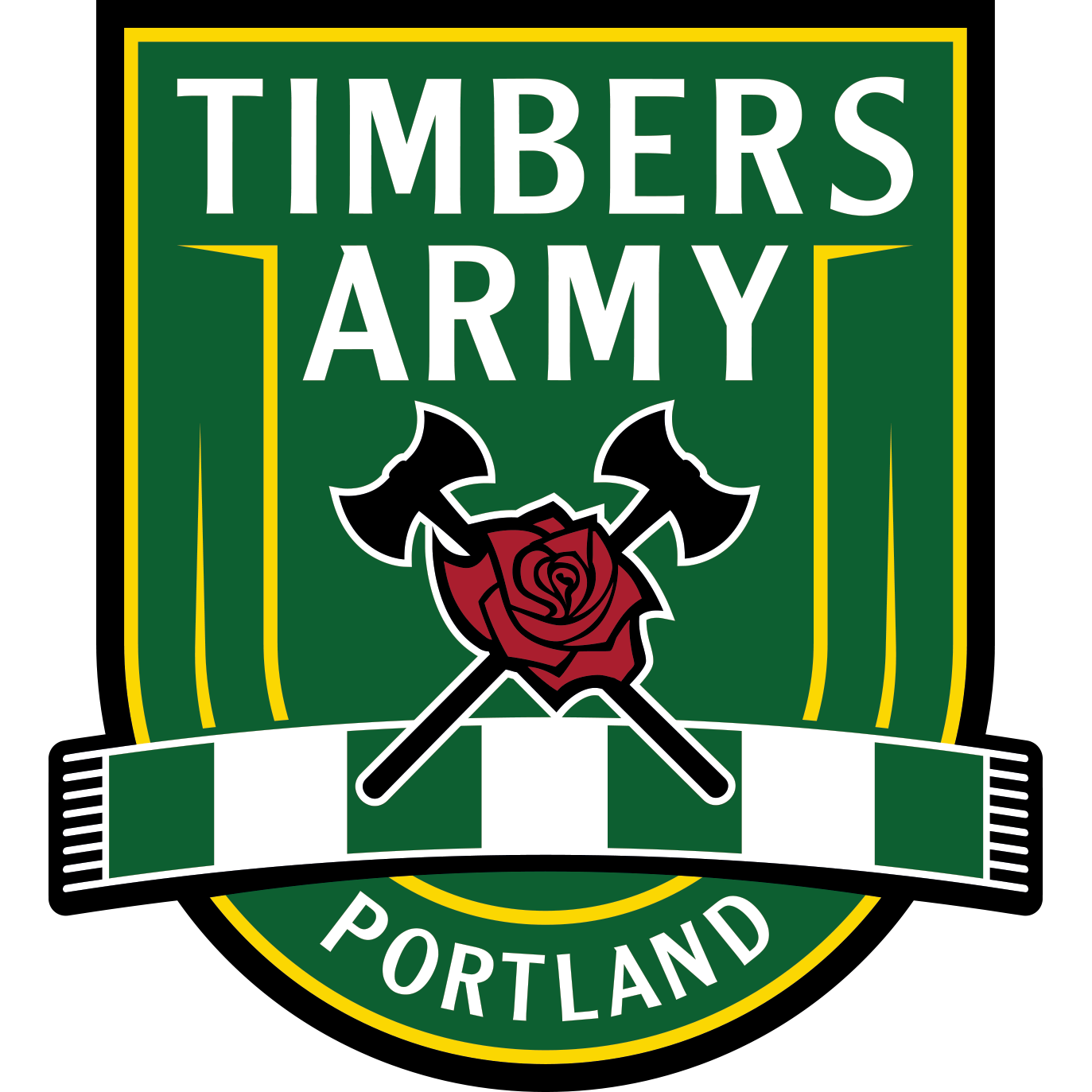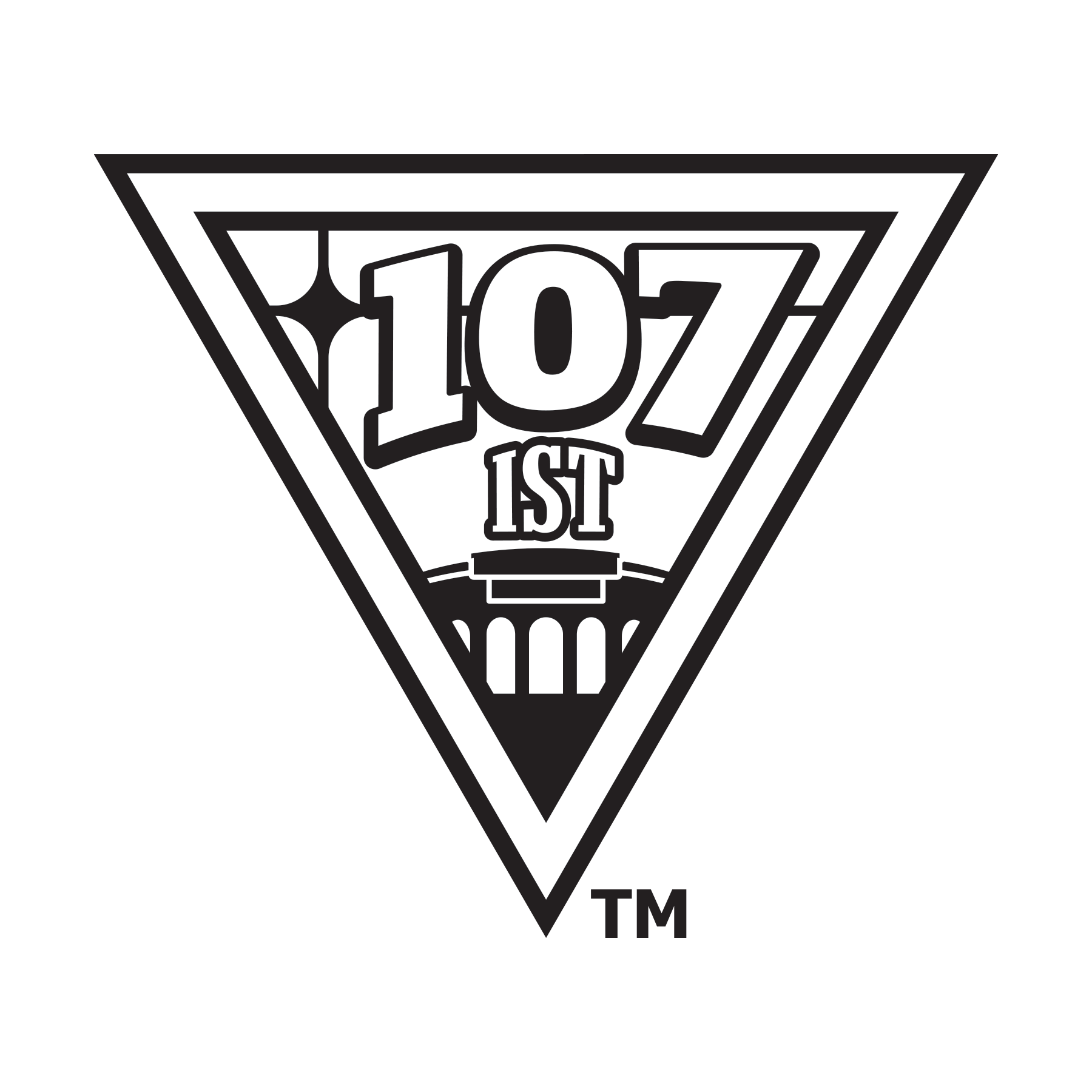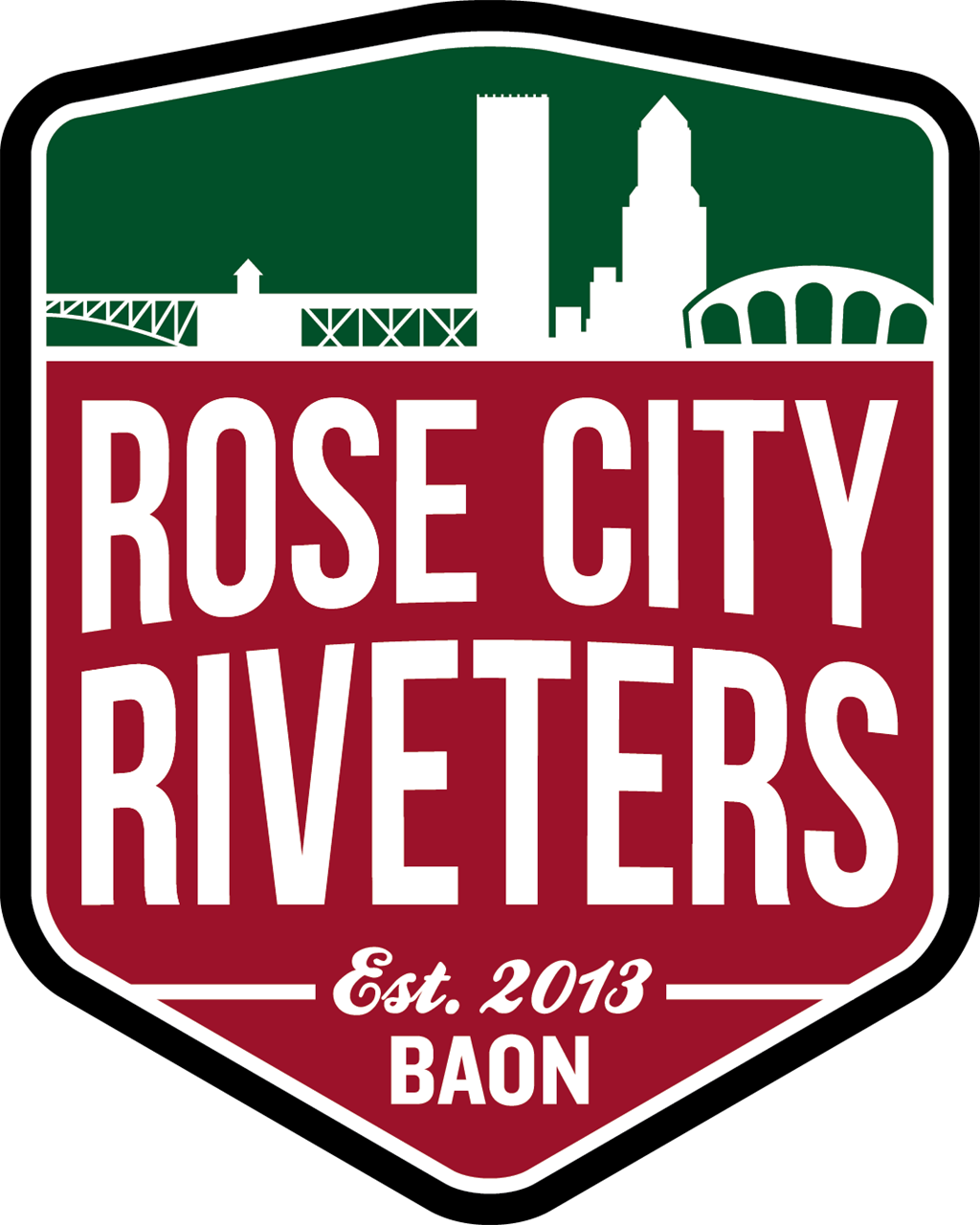—by Shawn Levy
(Read part one
here)
A (NOT SO) BRIEF HISTORY OF CHANTS AND CAPOS, CONTINUED (feel free to skip if the history of Our Thing isn't your thing)

Liam teaches; Pong (red hat) learns
Starting from the night in September, 2005, when Liam Murtaugh came from Chicago and showed us how they used capos to coordinate their singing, the Timbers Army accrued a cohort of perhaps a half-dozen capos. Over the next few seasons we learned how to spread them out through sections 106, 107 and 108 to get optimal coordination of what had become several hundred singers. We added a couple more drummers and drums, including larger toms to replace the snares. The capos and DnT would huddle before and after matches to coordinate plans and take stock of outcomes. We were literally getting our act together.
In this era, quite a bit more of our standard repertoire emerged: “When I Root,” “We're the Timbers Army” (the Twisted Sister chant), “I Am a Timbers Fan” (the Sex Pistols chant), and more. Among the new tunes, one had a very particular birth: “The
Greek Chant,” aka “North End Noise,” aka “So who are we?” For that, with its complex structure and torrents of words, we tried a new system: posting the lyrics and a clip of the melody on social media (which at the time meant the SCUSA message board), printing lyrics to distribute in the stadium, rehearsing with the crowd before kickoff, and deciding to perform it at a certain minute in the match. It took some doing, but it too became canonical, and its birth gave us a new way to introduce new material.
By 2010, when MLS was a sure thing and we could predict a (physical) end to the growth of the match day Timbers Army, we had achieved something very near the current situation: capos in front of 108, 107, 106 and sometimes 105, and a central drums section up toward the then-center of things. In the stadium renovation, the front office, previous iterations of which had dealt with the “problem” of Timbers Army singing with scorn and threats, actually rebuilt the North End to accommodate capos on a permanent basis: the big stage in front of 107, the nests (or, as I always think of them, go-go cages) along the rails from 101-108, and the storage area at the top of the 200s for drums, flags and whatnot.
And as we quickly discovered, we needed it all. The scale of the MLS-era Timbers Army was beyond anything anyone had ever imagined: Dozens had become hundreds had become thousands in something like six years' time.
For one thing, even with the massive boost of the drums and horns, it was difficult to coordinate the capos and keep all sections of the North End on the same beat and verse; we tried a megaphone and earpieces and finally settled on hand signals (similarly, the main stage capos needed a way to cue the drums, and that, too, came eventually to be accomplished through a system of hand signals). Also, spontaneous responses to what was happening on the pitch became nearly impossible: sure, a small group could start singing something witty and in-the-moment, but there was no way to convey the tune or words to folks sitting seven sections away, and certainly not in a timely fashion; by the time word spread –
if it spread – the moment had long passed. Trying to keep the old spryness alive was like trying to run an obstacle course from inside a tank; we realized eventually that the best we could do was just aim it forward and make only subtle turns.
I remember in early 2011 standing on my corner of the capo stage, looking up into the 200 level, and being stupefied by the enormous mass of No Pity-scarved, standing, singing people in front of me....and then turning to the right and seeing the same sight repeated another 7 or 8 times. It was like a CGI tsunami of green-and-white and faces and bodies and voices. It was overwhelming. It was awesome.

The author vows to finish the fight; 2012
And it required us to think again about what we sang and how we coordinated it. In the first few MLS seasons, we made a few tweaks to the idea of how the Timbers Army sings. Inspired by the ambient sound of overseas matches, we chose to orient ourselves toward what we called “epic” chants – repetitions of standard chants lasting several minutes which formed a truly 'atmospheric' sound and would make it immediately evident that one was at (or tuned into) a Timbers match. We introduced a new chant or two each year: selecting melodies from elsewhere in the world (our current repertoire includes songs inspired by Greek, English, German, French, Japanese, Italian, Argentine, and Moroccan originals, among others), writing lyrics, and teaching them via social media and in-stadium rehearsals. These include “Somos Timbers,” “
Party in Portland,” “Bury Me,” “Onward,” and the two most recently introduced chants: “
Keep it Up!” and “
Green and Gold,” which were launched at the tail end of 2012.
WHERE WE ARE NOW, AND WHERE WE'D LIKE TO GO
Which brings us up to today and, more pointedly, tomorrow.
Since the end of the 2012 season, for a number of reasons, the capos and DnT haven't introduced a new chant, but there's a feeling in the air that things have started to get a little routine and we ought to try to come up with some new stuff.
We're in a new age, though. Many of the sea of fans who've joined the North End since the advent of MLS have their own personal, emotional connections to the songs they sing and want to share in the creation and development of new material.
It requires a delicate balance.
On the one hand, the capos and DnT have learned pretty dang well what works and how and why: what can be sung (and, especially drummed) for a few minutes by a massive group; what kinds of material are needed to keep up the flow of songs throughout a match; what material would be unique to the TA (at least in North America); what chants have already been done and/or dismissed previously. Plus, of course, the capos and DnT have to lead and play the material. Their combination of expertise, expressivity, and volunteerism ought to be respected.
On the other hand: there's a lot of good material out there (my own BRILLIANT ideas aside); I can point to the “Urruti!” chant that began in the front of 108 and rose to canonical status as a pointed example. We ought to be able to incorporate the best ideas from the whole community into our repertoire.
So: We we've come up with a few ways to generate some new material, and we'll be jazzing up the songbook a little during the coming months.
First we're gonna introduce a couple of chants devised by the capos and DnT.
Then we're gonna reach out to the Timbers Army, the North End Choir, to nominate and elect new chants for regular use.
To start, here are three new chants from the capos and DnT:
1) “Rose City” – Easy-peasy and, in fact, an oldie but goodie. (Short chants like this make really good palate-cleansers or rev-ups when things get a bit stale during the match.) Two words, sung to
this melody (which some of you might know as “Start the game!”).
2) “We Love You Timbers” – Another somewhat-oldie, sung to the famed “I love you, baby!” portion of “Can't Take My Eyes Off of You” by Frankie Valli & The Four Seasons (at 1:35
here). The lyrics are also a cinch:
“We! Love! You! Ti-imbers!
Nana nana nana!
We! Love! You! Ti-imbers!
Nana nana nana!
We! Love! You! Ti-imbers!
Nana na nana naaaa!”
3) “Adi! Boma-Ye!” – Nearly launched as a Kalif chant, it was made famous as a celebration of Muhammad Ali during his “Rumble in the Jungle” fight in Zaire, and it literally translates as “Adi! Kill him!” The melody is at the beginning
here. (Note: Short chants make the best chants to celebrate players as they allow for a quick start/stop in response to action in the match; hopefully we'll have lots of chances to use this one while there's smoke in the air!)
Give 'em a whirl as you drive around, do the dishes, prefunk at the pub, what have you. We'll be trying them out at the upcoming Dallas and San Jose matches.
And then turn your minds to this:
The first-ever (perhaps anywhere) Crowdsourced Chant Competition/Election.
Later this year, we will be setting up a means for
anyone in the North End to submit a chant for the TA, who will then vote and select not one but
two new chants that will be incorporated into the match day repertoire.
It will work something like this: through an as-yet-to-be-finalized process, prospective chant-writers will submit a clip of the melody of their suggested chant along with lyrics; an election period resembling that used for 107ist board members will follow; and the top two chants, as described below, will be incorporated into the mix. Some details:
- For this particular election, we are seeking player chants only – i. e., songs celebrating our on-pitch heroes (Nagbe, Valeri, Chará, etc.).
- Anyone (including the capos and DnT) may nominate as many as two songs, but only 107ist members can vote (this prevents ballot-stuffing and interference from the Fishing Village, among other ills).
- The top vote-getting chant and the next-highest vote-getter for another player will be selected (e.g., if the top vote-getter is, say, a Jake Gleeson chant, the second chant will be the highest vote-getter for, say, Ben Zemanski, even if Jake's got the overall second-most-popular chant as well).
We'll be announcing the start of this competition/election later this spring, along with specific details about how it will work and some pointers as to what we've learned about what makes for the most effective chants (and, for those who haven't been singing with the TA since 2001, a list of songs that have already been used for players now departed).
So consider this an early heads-up: If you want to contribute a chant, think up something short, punchy, catchy and celebratory for your favorite player (or two), and start looking for a short video or audio clip of the melody.
Who knows: Maybe someday some long-winded mofo like me might write an epic post for this very blog telling a new generation of fans how that classic melody of yours first came to be sung in the North End.
Because every legend's gotta start somewhere....
Shawn Levy capoed the North End on and off from 2006-2012 and has led the TA in LA, New England, Denver, Seattle, Vancouver, Columbus, and (heh) Guyana. Among the melodies he contributed to the TA songbook are “Bella Ciao,” “If You're Not Jumping,” and “Does Your Mom Go?” These days he sings next to the drums in 106 and serves on the board of Operation Pitch Invasion.


